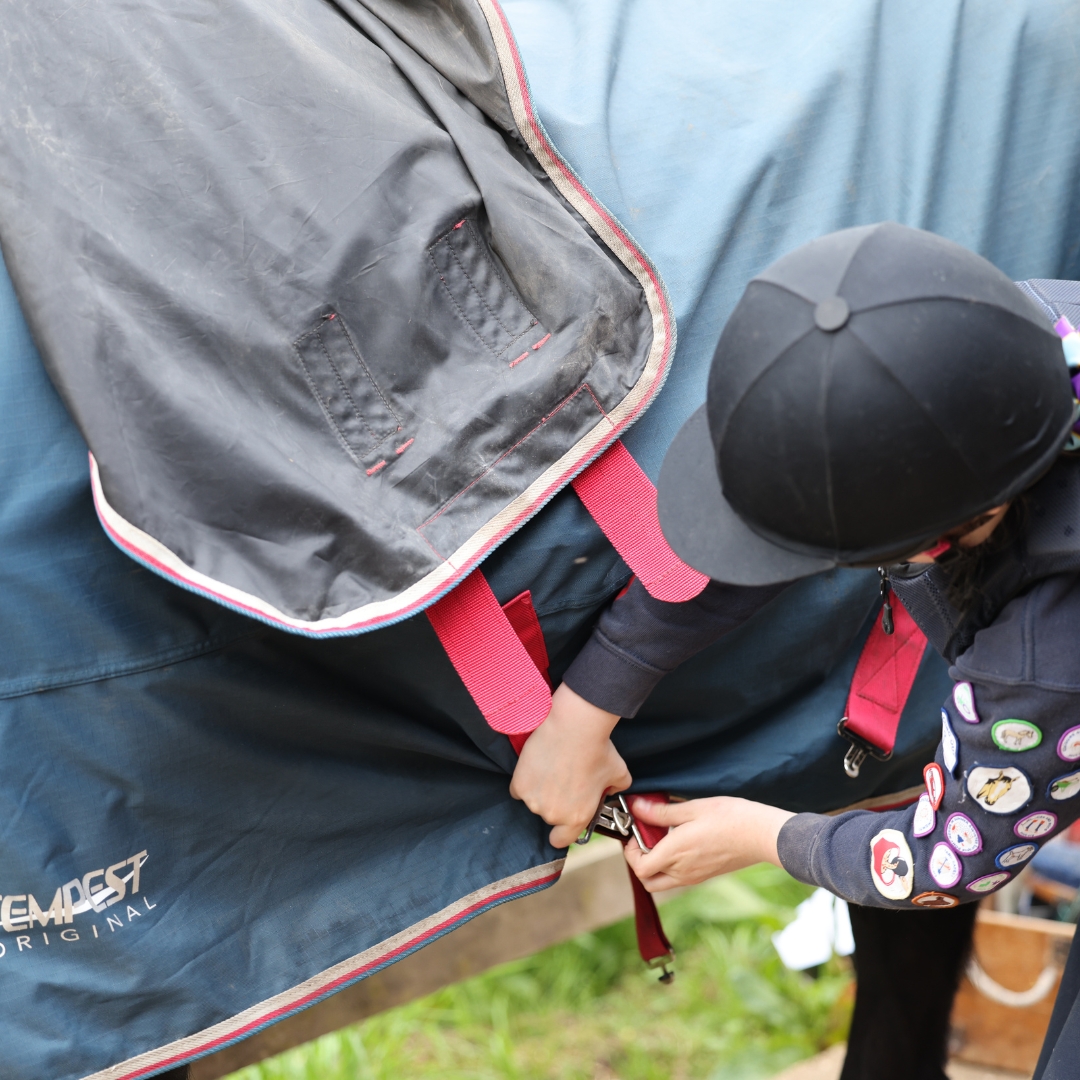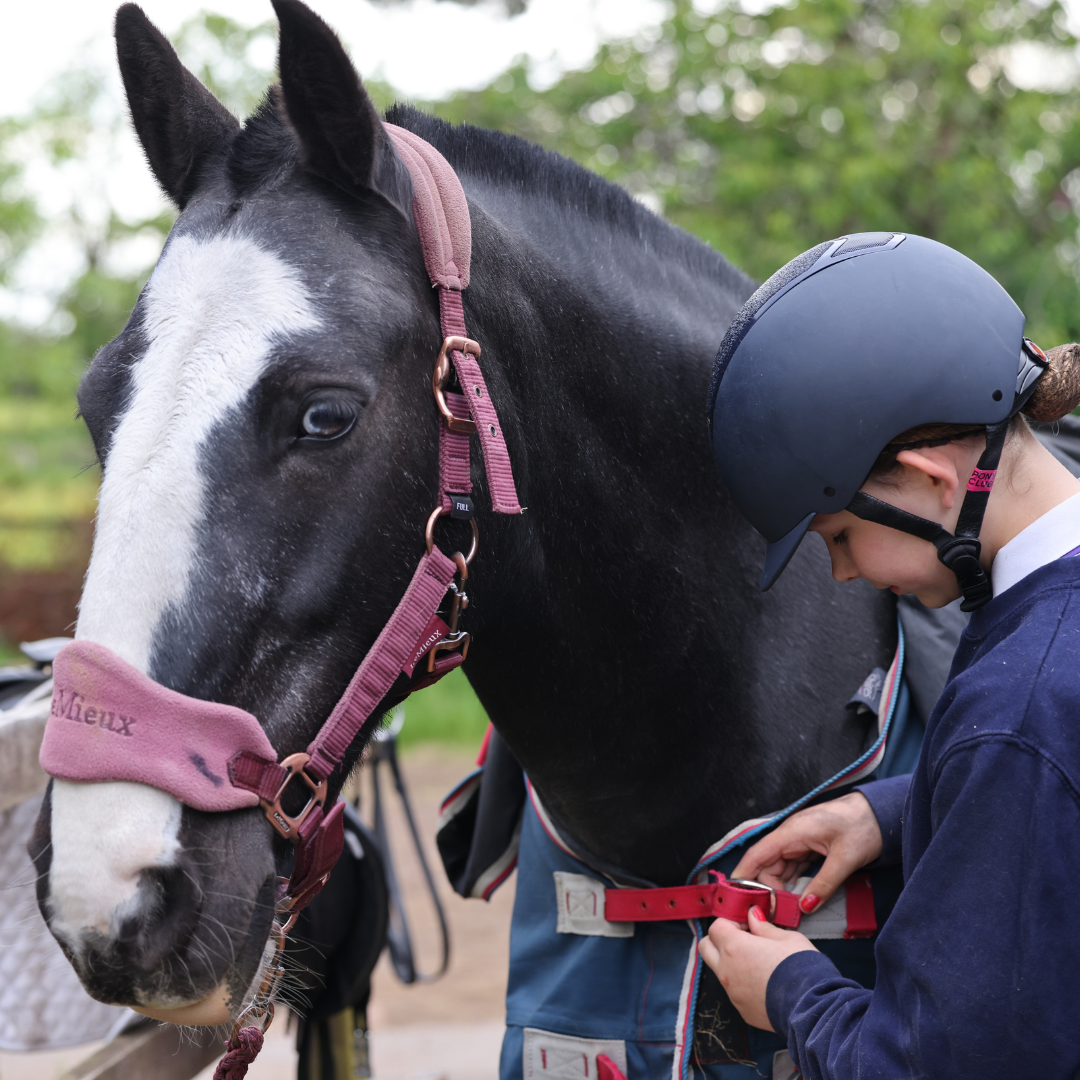News | 11 December 2024
Why is over-rugging your horse bad for their wellbeing?
A desire to keep your horse warm and cosy in the winter months is understandable, but the reality is that in some circumstances it could cause more harm than good.
Owners need to consider that horses have a much broader thermoneutral zone than humans (they stand at 5°C-25°C; we’re at 25°C-35°C). A healthy, fit, unclipped horse should only start to feel cold when the temperature plunges below 0°C.
We might not enjoy those temperatures much ourselves, but horses have a caecum which acts as a giant internal combustion engine producing heat. So, comparing humans and equines is not helpful.
Clipped horses may need a bit more protection, but a light- to midweight cover will usually suffice.

What are the problems associated with over-rugging?
Winter is the time when horses should be allowed to reduce weight gradually. But by rugging a horse unnecessarily, the metabolic spikes that usually kick in to keep the animal warm don’t happen and the fat doesn’t burn off.
The horse may also find it difficult to regulate its hormone levels – another aggravating factor when it comes to obesity. Allowing a horse to reduce weight naturally also lowers the risk of laminitis in spring. Getting rugging wrong may cause the horse to sweat excessively as it continuously tries to cool itself down, which can result in irritation and rubbing. It’ll also prevent sunlight reaching the horse’s skin, limiting the production of vitamin D2 – a deficiency of which can have a negative impact on bone strength. And horses that are overheated by excessive rugging can suffer heatstroke, colic and stress.
Plus, it just makes them feel uncomfortable and stressed out, as it’s much easier for a horse to warm itself up then it is to cool itself down.

When should a horse wear a rug?
There are times, of course, when a horse will need rugging. Older animals that have greater difficulty regulating their internal temperature, for example, or those recovering from illness.
Thoroughbred and Arabs often have thinner coats, and fully clipped horses can no longer create that essential layer of insulation, so they can benefit from rugging. Plus, if your horse is underweight, rugging can prevent additional weight loss by slowing down the thermoregulation process.
There is lots of information online to point you in the right direction when it comes to choosing the right rug for your horse and understanding the appropriate time to use it.
How Howden can help with the right cover
As equine insurance specialists, Howden has dedicated teams working on equestrian risk challenges, day-in and day-out. We’re trusted by racehorse trainers, stud farms, riding schools, livery yards, private horse owners and more.
We can help with coverage for veterinary fees, horse and pony mortality, bloodstock mortality and a wide range of business insurance tailored specifically to the equestrian world. We’ll also make sure that you fully understand the coverage you’re buying, providing detailed, accessible guidance on what’s best suited to your needs and budget.